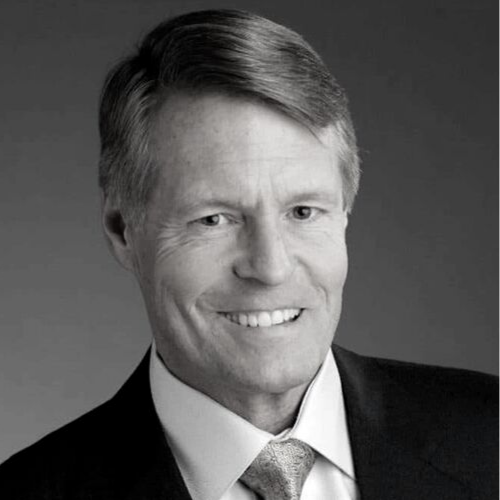This week’s guest on Curious Leadership is considered to be the world’s foremost expert on hiring, Dr. Brad Smart. Brad is the founder and CEO of Topgrading Inc, a company that, amongst many things, interviews candidates for hire or promotion to senior positions – the A players, the topgrade.
Brad’s methodology is so successful, he is credited with tripling the successful hiring and promotion of high performers at companies such as General Electric, Honeywell, Barclays, and the American Heart Association.
Since the 1970s, Brad has conducted close to 7,000 in-depth interviews with executives and has authored 7 books. Topgrading Inc doesn’t just interview candidates, it is also a software company whose platform is designed to integrate with any company’s applicant tracking software.
On today’s podcast:
- Why Brad got started recruiting high performers
- The truth serum
- The secrets of topgrading
- Why HR can’t deliver A-players
- 40-50% of all resumes contain significant lies
- Why he replaced the job description with a scorecard
- Why he isn’t a fan of psychometric testing
Links:
- Society of Human Resources Management
- https://www.topgrading.com/resources/topgrading-ebook/
- Topgrading version 3 – Bradford D. Smart
- https://prescreensnapshot.com/
Today’s guest on Curious Leadership is considered to be a global expert on hiring A-players. Dr. Brad Smart is the founder and CEO of Topgrading Inc, a company that, amongst many things, has created a hiring methodology that has enabled hundreds of companies, such as General Electric, Honeywell, Barclays, and American Heart Association, to more than triple their success hiring and promoting people who turn out to be high performers.
But it isn’t just large companies that have benefitted from Brad’s wealth of knowledge, garnered over 40+ years in the recruitment industry. Any company who utilises the Topgrading methodology, on average, hires 85% high performers.
How Topgrading came about
In the first interview Brad ever conducted, he wanted to find out more than what the other interviewers were asking. He went through the guy’s whole career, job after job, asking him what he did, how he did it, how he liked it, what he thought of his boss, what did he think of his various bosses, and what would they say about him, and finally – what did they think his strengths and weaknesses were.
Brad felt pressured to adopt what he thought were really crummy approaches to selecting people, and so he refused to adhere to their recruitment methodology, came up with his own methodology and started his own business.
The secrets of Topgrading
The Topgrading methodology improves hiring by using a practice that encourages total honesty in candidates, a very thorough chronological career interview, and reference checks with former managers arranged by the candidate for verification purposes.
Topgrading requires knowing a candidate’s entire career history, and this isn’t something you can do in an hour, an hour and a half. You go through every job they’ve ever had, what they did, why they took the job and what their responsibilities and accountabilities were, how their performance was, what their successes were, their accomplishments, their mistakes or failures.
And according to Brad, this is the secret to topgrading: tell candidates that a final step in hiring is for them–not you, the hiring manager, HR or anyone else, but for the candidate–to arrange their own reference calls with all the people they ever reported to in the past decade. The low performers drop out straight away because they’re never going to get their bosses to talk, and you save a lot of time and money.
The A-players, on the other hand, love this approach, because they know all these people are going to sing their praises. And what better verification of what the candidate has said about themselves, than hearing the same information from the candidate’s last eight bosses?
The issue with most Human Resources
And this is the issue with most Human Resources – they don’t dedicate enough time to really get to know candidates, resulting in ¾ of all hires being mis-hires. Plus, HR are generally the lowest-paid members of an organisation, the least respected, and so why should they adopt an approach of topgrading or only selecting the A-players, when they themselves aren’t treated like A-players by their company?
Brad says companies need to rethink the way they hire all staff, not just A-players: “our definition of an A-player is someone who’s in the top 10% of talent available, for what you’re going to pay them. So in every job, even if you’re paying minimum wage, why not hire the best?”

